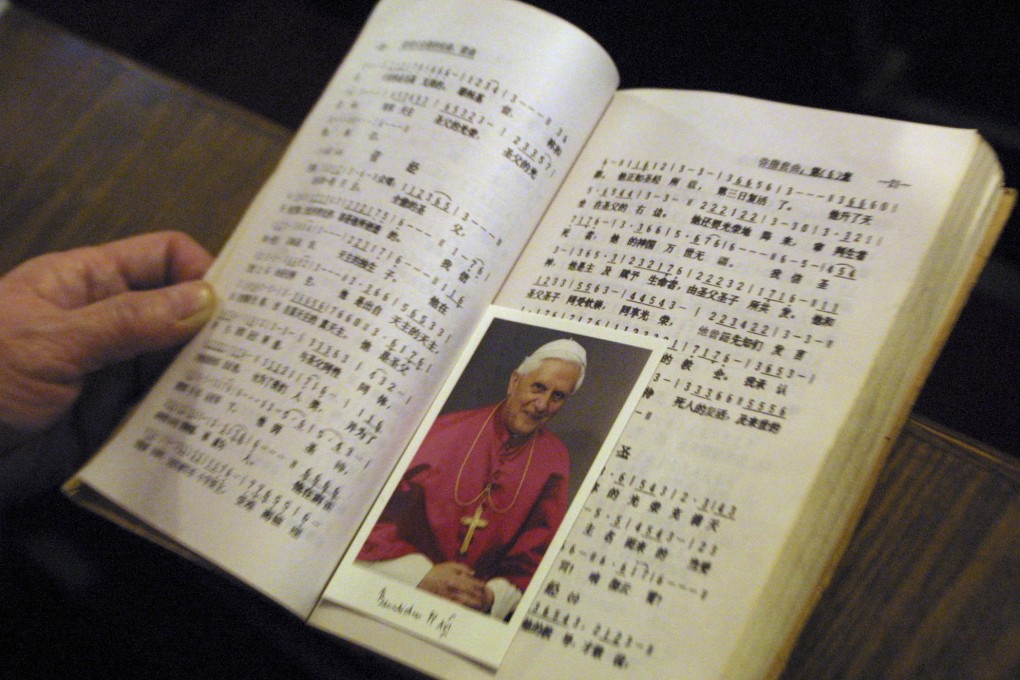Letters | From China to Iraq, the legacy and lessons of former Pope Benedict
- Readers discuss lessons from the eight-year papacy of Benedict XVI, and the current information war around Ukraine

Although Benedict never visited Hong Kong, it is worth noting that both of Hong Kong’s cardinals were elevated by him. Also, he appointed Hong Kong priest Savio Hon Tai-fai as secretary of the Congregation for the Evangelization of Peoples, making him the highest-ranking Chinese to have served in the Roman Curia.
Benedict was committed to Christian unity and interfaith dialogue. His ecumenical theology paved the way for Anglicans to join the Catholic Church. In addition, Benedict sought reconciliation with Muslims and Jews and was concerned with the peace process in the Middle East. Notably, he condemned violence in the name of religion, including the war in Iraq.
Although there was a scandal in his final years over his handling of cases of abuse by priests when he was archbishop of Munich, Benedict had been instrumental in formulating a more assertive response to sexual abuse within the Catholic Church. He was the first pope to meet abuse victims. In the last two years of his pontificate, he defrocked about 400 priests for sexual abuse.
Benedict will be remembered as a traditionalist, but he broke with tradition when he resigned the papacy in 2013 and was supportive of necessary reforms that made the church more accessible. As we arrive at the crossroads of our times, perhaps his example could shed some light on how we can seek and defend the truth, while keeping an open mind.